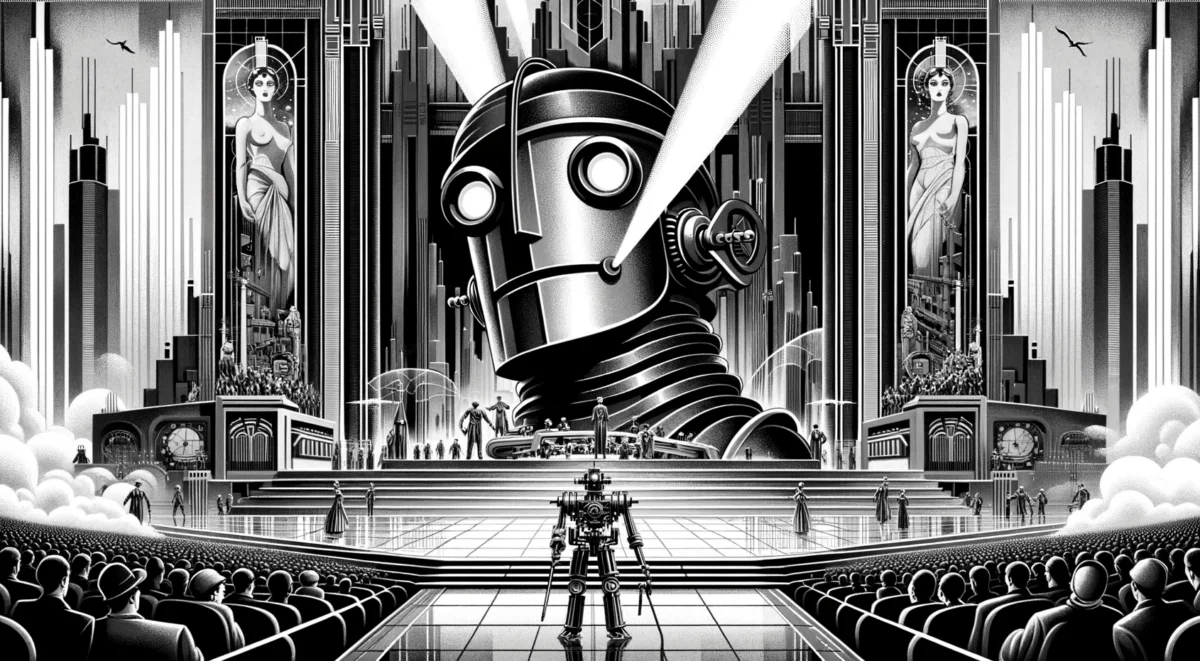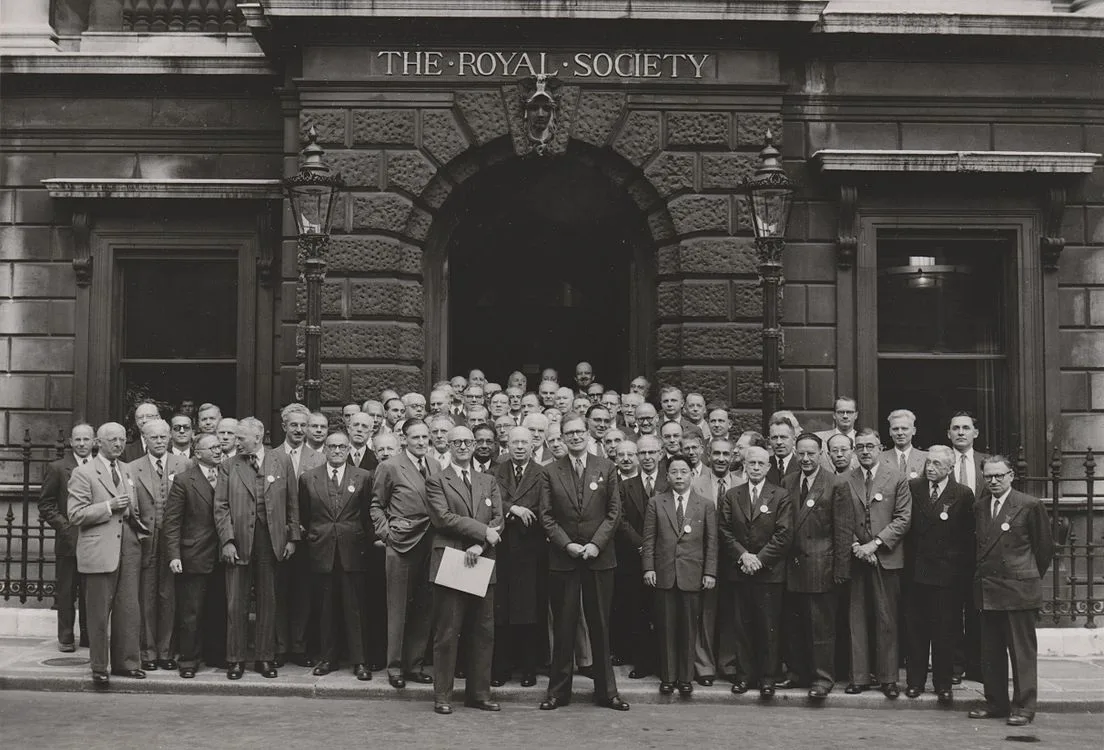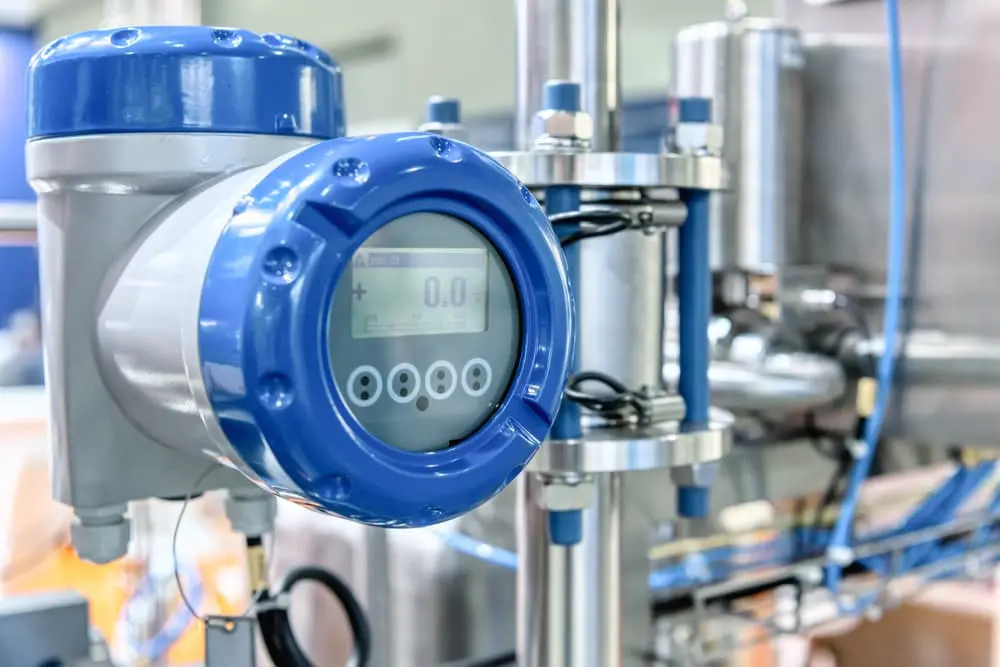
In the realm of cinema, the concept of artificial intelligence (AI) is no longer confined to science fiction narratives. Instead, it has become an increasingly prevalent and transformative force shaping the landscape of filmmaking. From script analysis to post-production, AI is revolutionizing various aspects of the filmmaking process, ushering in new possibilities and redefining the creative boundaries of storytelling.
AI in Script Analysis and Development:
One of the initial stages where AI is making significant inroads in cinema is script analysis and development. Traditionally, the process of script analysis involved human readers evaluating the narrative structure, character development, and thematic elements. However, with the advent of AI-powered tools, filmmakers now have access to sophisticated algorithms capable of analyzing scripts with remarkable precision.
These AI algorithms can identify patterns, predict audience reactions, and even offer insights into potential revisions to enhance the story’s appeal. By processing vast amounts of data from existing scripts and audience preferences, AI can provide valuable feedback to screenwriters and directors, thereby streamlining the creative process and optimizing storytelling techniques.
AI in Pre-visualization and Production:
In the realm of pre-visualization and production, AI-driven technologies are empowering filmmakers to visualize complex scenes and streamline production workflows. For instance, AI-powered pre-visualization software can generate virtual environments, simulate camera movements, and even animate characters based on script inputs.
Moreover, AI-enabled cinematography tools can assist directors in optimizing shot compositions, framing, and lighting setups. By analyzing scene parameters and desired aesthetics, these tools can generate recommendations for camera placements and angles, helping filmmakers achieve their artistic vision more efficiently.
Furthermore, AI-driven facial recognition and emotion detection algorithms are being utilized to enhance performance capture and character animation. These technologies enable actors to deliver more nuanced performances, as AI algorithms can analyze subtle facial expressions and translate them into lifelike animations for digital characters.
AI in Post-production and Editing:
In the post-production phase, AI is revolutionizing the editing process by automating tedious tasks and offering creative enhancements. AI-powered editing software can analyze raw footage, identify key moments, and even generate initial cuts based on predefined parameters.
Moreover, AI-driven visual effects (VFX) tools are enabling filmmakers to create stunning visual sequences with unprecedented realism and efficiency. By leveraging machine learning algorithms, VFX artists can generate photorealistic effects, seamlessly integrate CGI elements with live-action footage, and expedite the rendering process.
Additionally, AI-powered sound editing and mixing tools are enhancing the auditory experience of films by automatically balancing audio levels, removing background noise, and spatializing sound effects for immersive surround sound environments.
Challenges and Ethical Considerations:
While the integration of AI in cinema holds immense potential, it also presents certain challenges and ethical considerations. One of the primary concerns is the potential displacement of human creativity and artistic expression by algorithmic decision-making processes. As AI algorithms become increasingly proficient at analyzing and generating content, there is a risk of homogenizing storytelling and stifling diversity in cinematic narratives.
Moreover, the ethical implications of AI-generated content raise questions about authorship, ownership, and creative autonomy. As AI algorithms contribute to the creation of scripts, characters, and visual elements, it becomes crucial to establish clear guidelines regarding attribution and intellectual property rights.
Furthermore, the use of AI in filmmaking raises concerns about data privacy and algorithmic bias. AI algorithms rely on vast datasets for training and analysis, raising questions about the ethical collection and usage of data, as well as the potential for perpetuating societal biases in content creation.
The Future of Cinema:
Despite these challenges, the intersection of cinema and artificial intelligence holds immense promise for the future of filmmaking. By harnessing the power of AI, filmmakers can unlock new creative possibilities, streamline production workflows, and deliver immersive cinematic experiences to audiences worldwide.
As AI technologies continue to evolve and mature, we can expect to see further innovations in storytelling techniques, visual effects, and audience engagement strategies. Whether it’s generating compelling narratives, enhancing visual effects, or optimizing production processes, AI is poised to reshape the cinematic landscape in ways we have yet to imagine.
The integration of artificial intelligence in cinema represents a paradigm shift in the way stories are conceived, produced, and consumed. While challenges and ethical considerations abound, the potential benefits of AI-driven filmmaking are undeniable. As filmmakers continue to explore the creative potential of AI, we can look forward to a future where cinematic storytelling transcends the boundaries of imagination, powered by the limitless possibilities of artificial intelligence.






